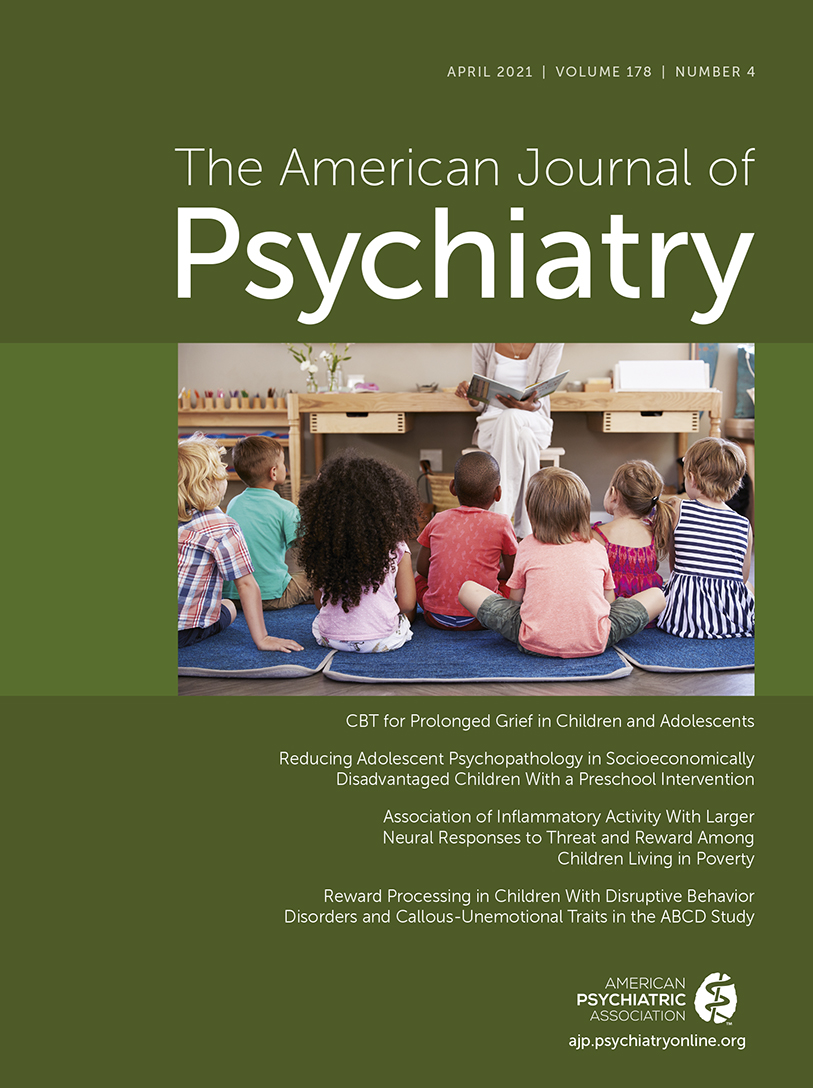Abstract
Objective:
Prolonged grief disorder was newly included in ICD-11 and resembles persistent complex bereavement disorder, newly included in DSM-5. Although prolonged grief disorder in adults can be successfully treated by cognitive-behavioral therapy (CBT), there is no evidence yet that CBT interventions can successfully alleviate the disorder in children and adolescents. The goal of this randomized clinical trial was to examine the effects of a CBT program, CBT Grief-Help, for prolonged grief disorder in children and adolescents in comparison with the effects of nondirective supportive counseling.
Methods:
A total of 134 children and adolescents with prolonged grief disorder (mean age, 13.10 years [SD=2.84], bereaved a mean of 37.79 months [SD=36.23] earlier) were randomly assigned to receive either CBT Grief-Help (N=74) or supportive counseling (N=60). Both treatment conditions encompassed nine individual sessions with children and adolescents paralleled by five counseling sessions with parents or caretakers. Children and adolescents completed measures of prolonged grief disorder, depression, and posttraumatic stress disorder (PTSD), and their parents or caretakers completed measures of their children’s problem behavior before treatment, immediately after treatment, and 3, 6, and 12 months after treatment.
Results:
Both treatments yielded moderate to large effect sizes across prolonged grief disorder and most other outcome measures. Compared with supportive counseling, CBT Grief-Help resulted in significantly greater reductions in prolonged grief disorder symptoms at all posttreatment assessments, and it was more successful in alleviating depression, PTSD symptoms, and internalizing problems 6 and 12 months after treatment.
Conclusions:
Prolonged grief disorder and its symptoms in bereaved children and adolescents can be effectively treated by CBT interventions. The superior long-term effects of CBT Grief-Help relative to supportive counseling suggest that this treatment successfully strengthens children and adolescents in facing challenges brought about by bereavement.



